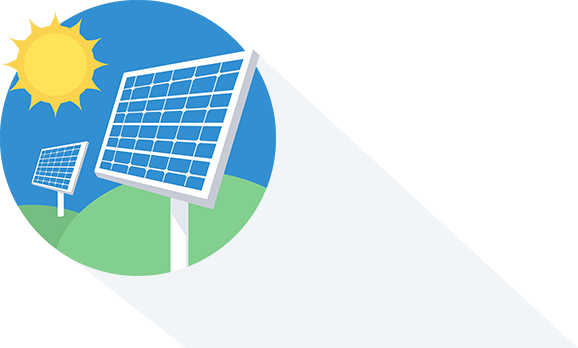The Energy Sector Management Assistance Program (ESMAP) is a World Bank administered program for global knowledge and technical assistance. ESMAP has finally concluded its solar potential mapping in Pakistan with the support of PITCO, AEDB, Quaid-e-Azam Solar Power pvt ltd and various educational institutes such as NUST etc in 2017. The project aimed on collecting ground solar data from weather stations located all over Pakistan for a period of two years. The weather station used were of Tier 1 and Tier 2 quality strategically located to cover the wide span of Pakistan topographical location the collected data was further analyzed using Solar GIS algorithms to accurately map the solar potential of Pakistan.
As per the world bank press release dated 7th March 2017 ("http://www.worldbank.org/en/news/press-release/2017/03/06/world-bank-launches-improved-solar-maps-for-pakistan"):
"The World Bank, in partnership with the Alternative Energy Development Board (AEDB), today launched a series of new solar maps for Pakistan in support of the efforts to increase the deployment of renewable energy in Pakistan."
The above mentioned statement is the essence of what this project means for Pakistan. Today all international reputed funding for renewable energy projects require on ground data, which before this project was not accessible to most of the companies and investors in Pakistan, thus limiting Pakistani investors to arrange funding from local financing bodies, that resulted in high interest based debt financing. Because of which we have higher renewable energy tariffs. ESMAP project has provided reliable free weather data, however this was not previously available, thus now investor can save time and money. Because international funding requires reliable on ground data from state of the art prynometers for at least a period of one year, this is a lengthy and tedious process that has been solved now. Plus the international loans have lower interest rates which enables NEPRA to offer lower tariffs.
The state of the art weather stations installed by World Bank collects direct and diffused irradiance data, that can be used for developing feasibility for Concentrated Solar Power (CSP) projects, thus opening new avenues for Renewable Energy prospects in Pakistan.
World bank and AEDB paved forward a path towards the clean, sustainable, affordable energy for Pakistan based on international funds and now its up to the investors to take the next step.
The link for on ground solar data is as follows:
http://globalsolaratlas.info/
.png)


